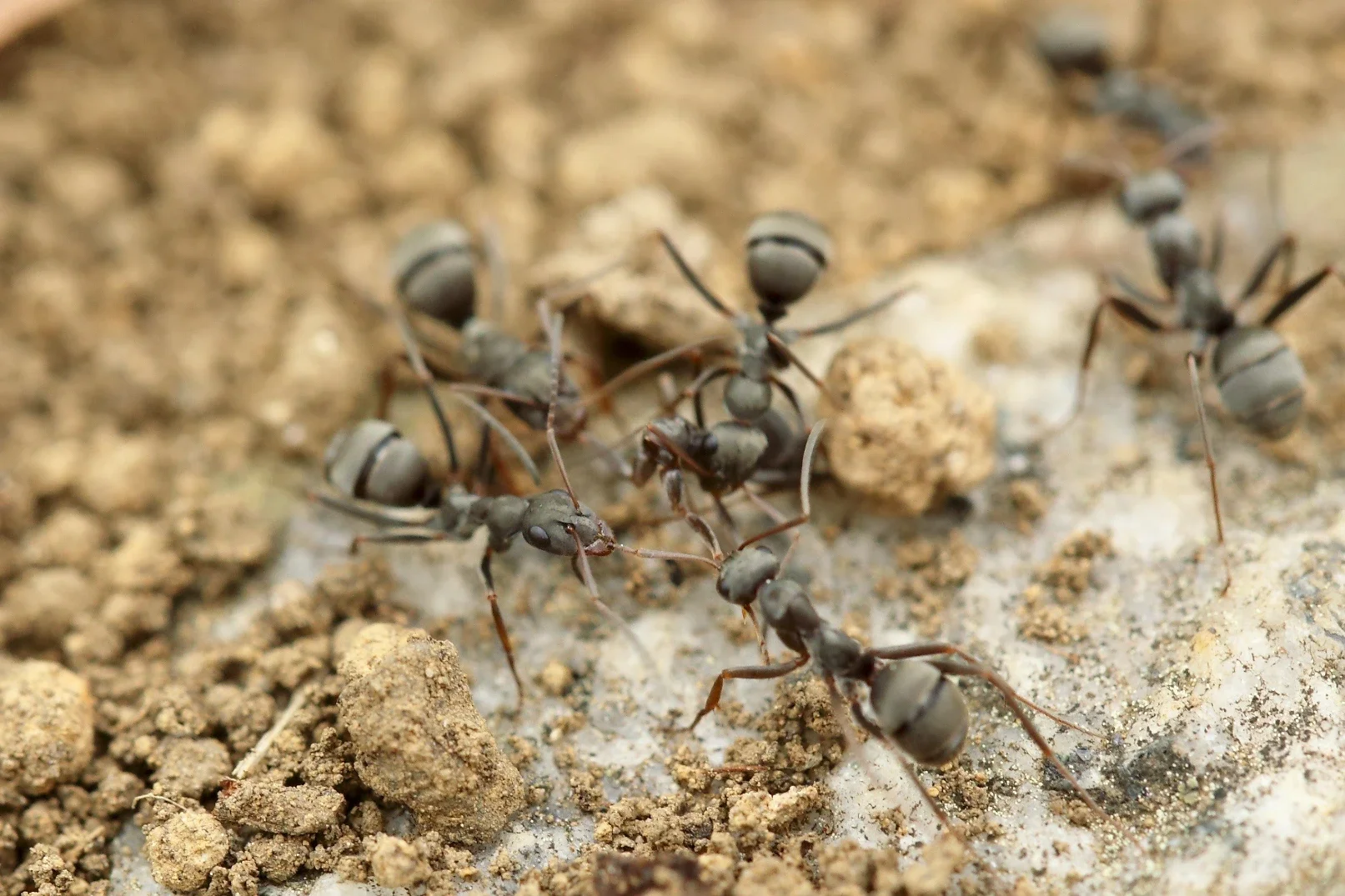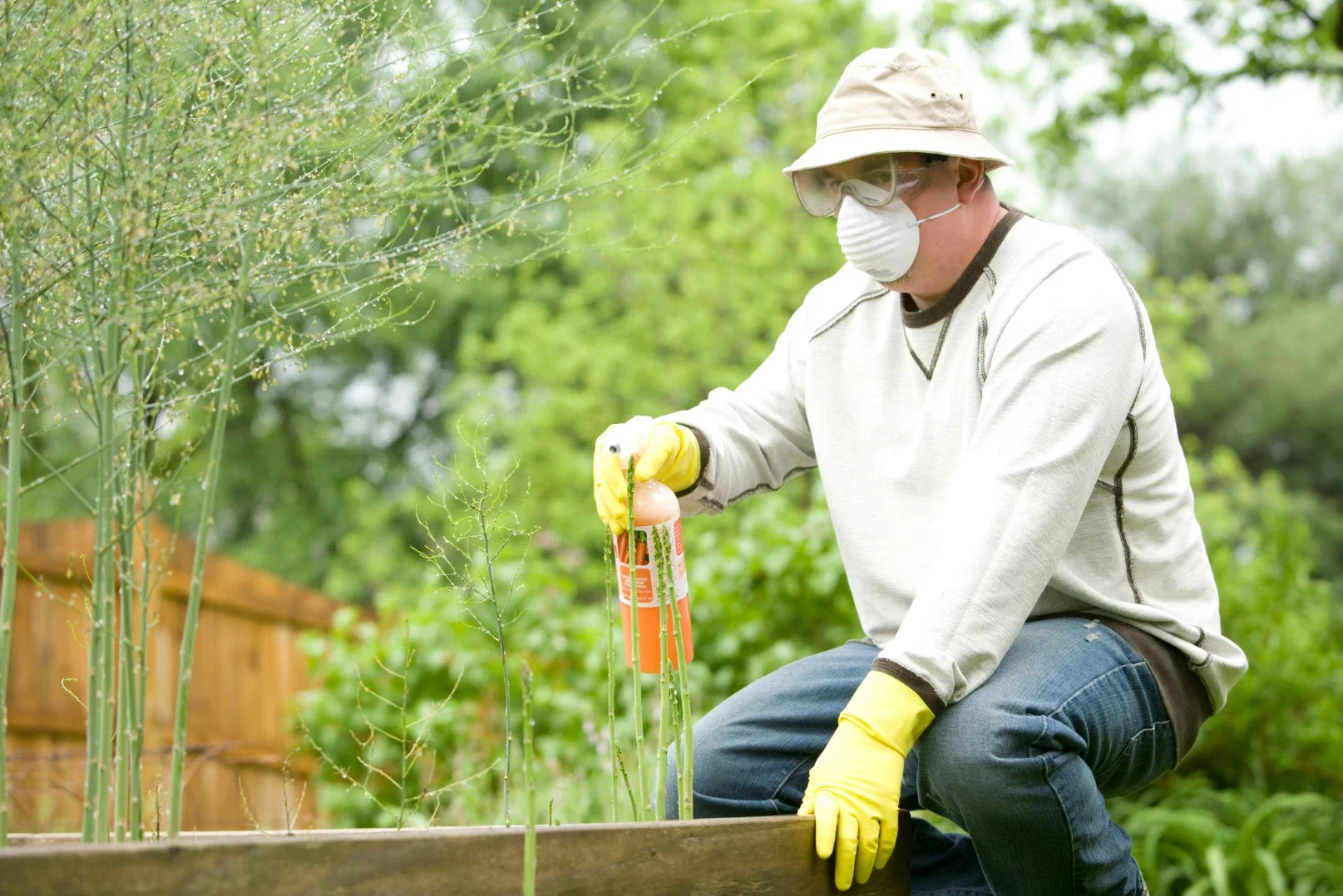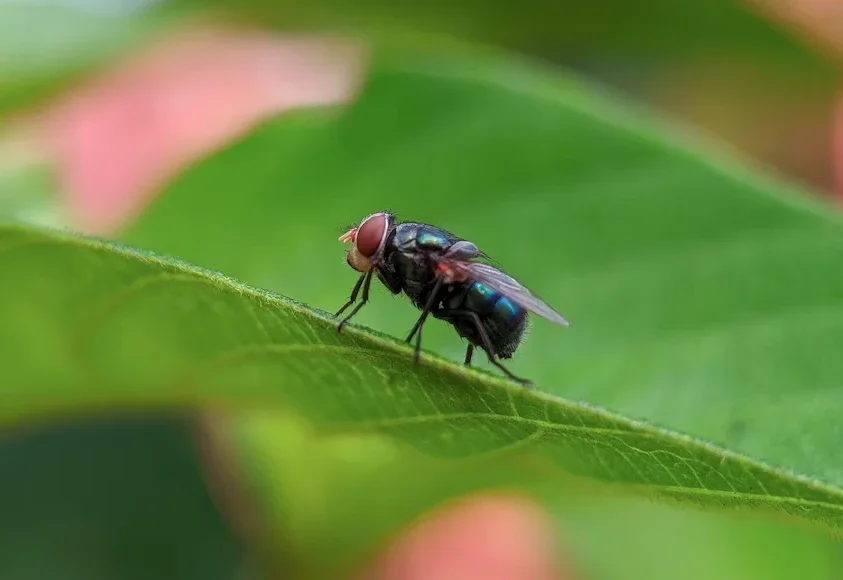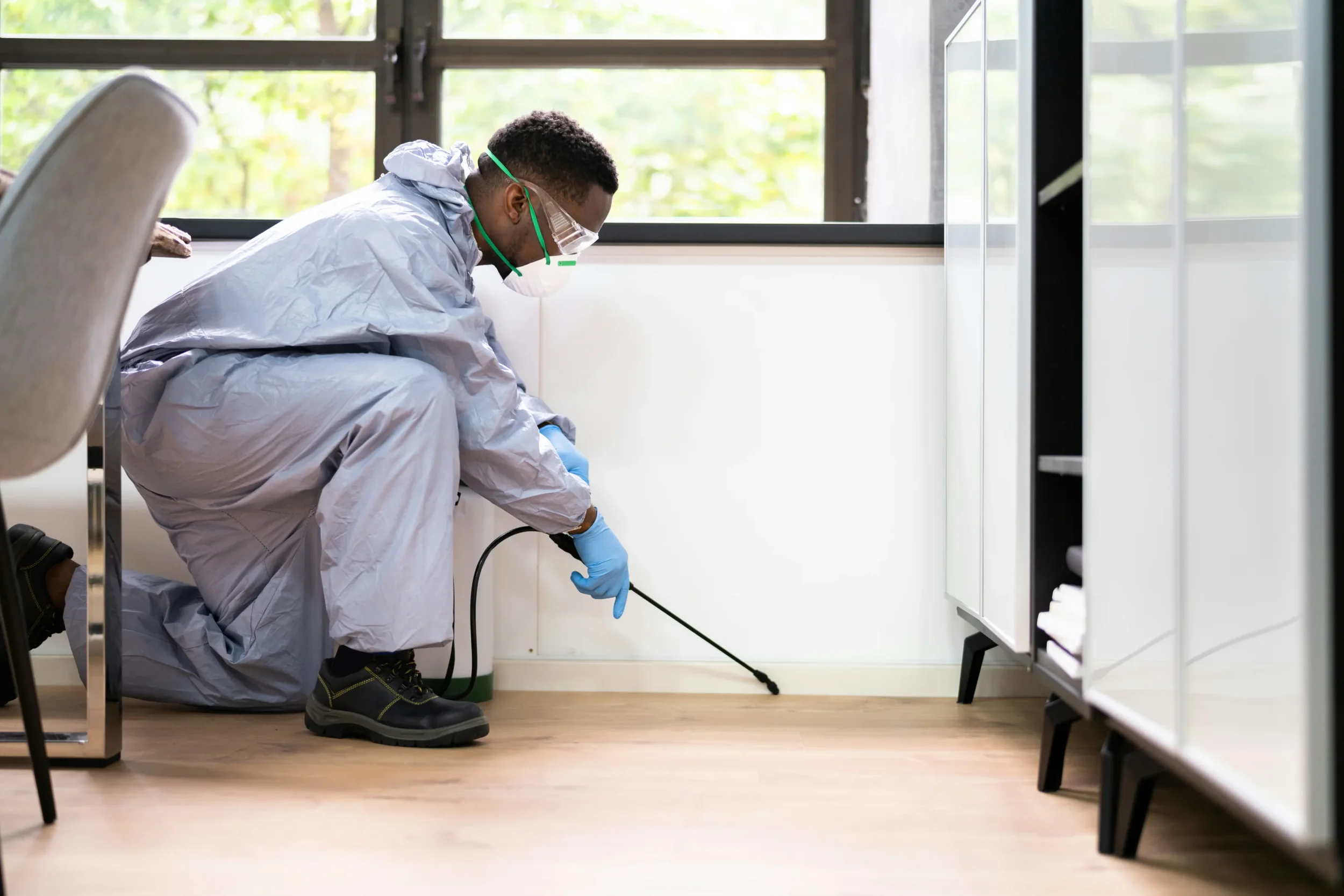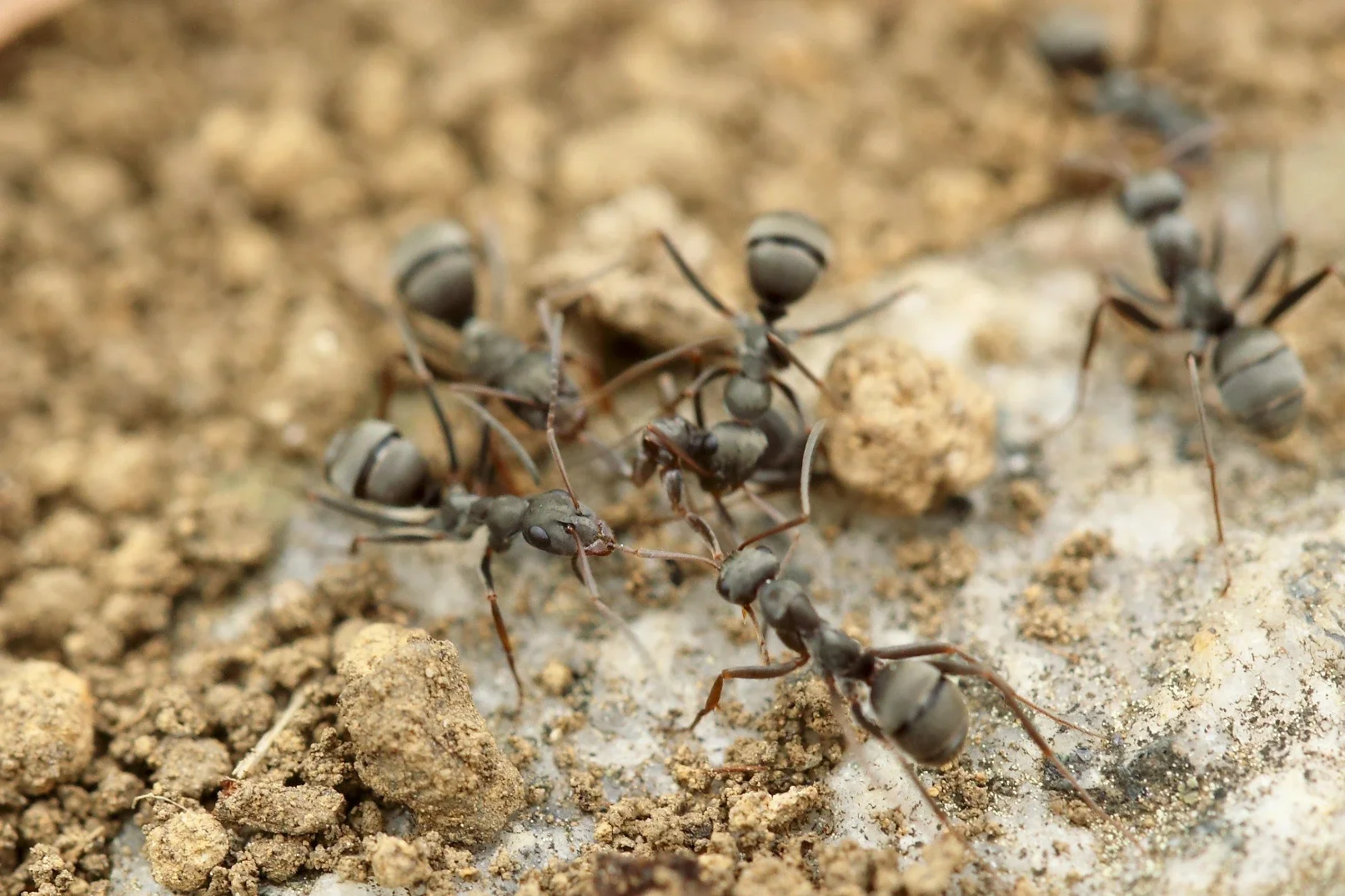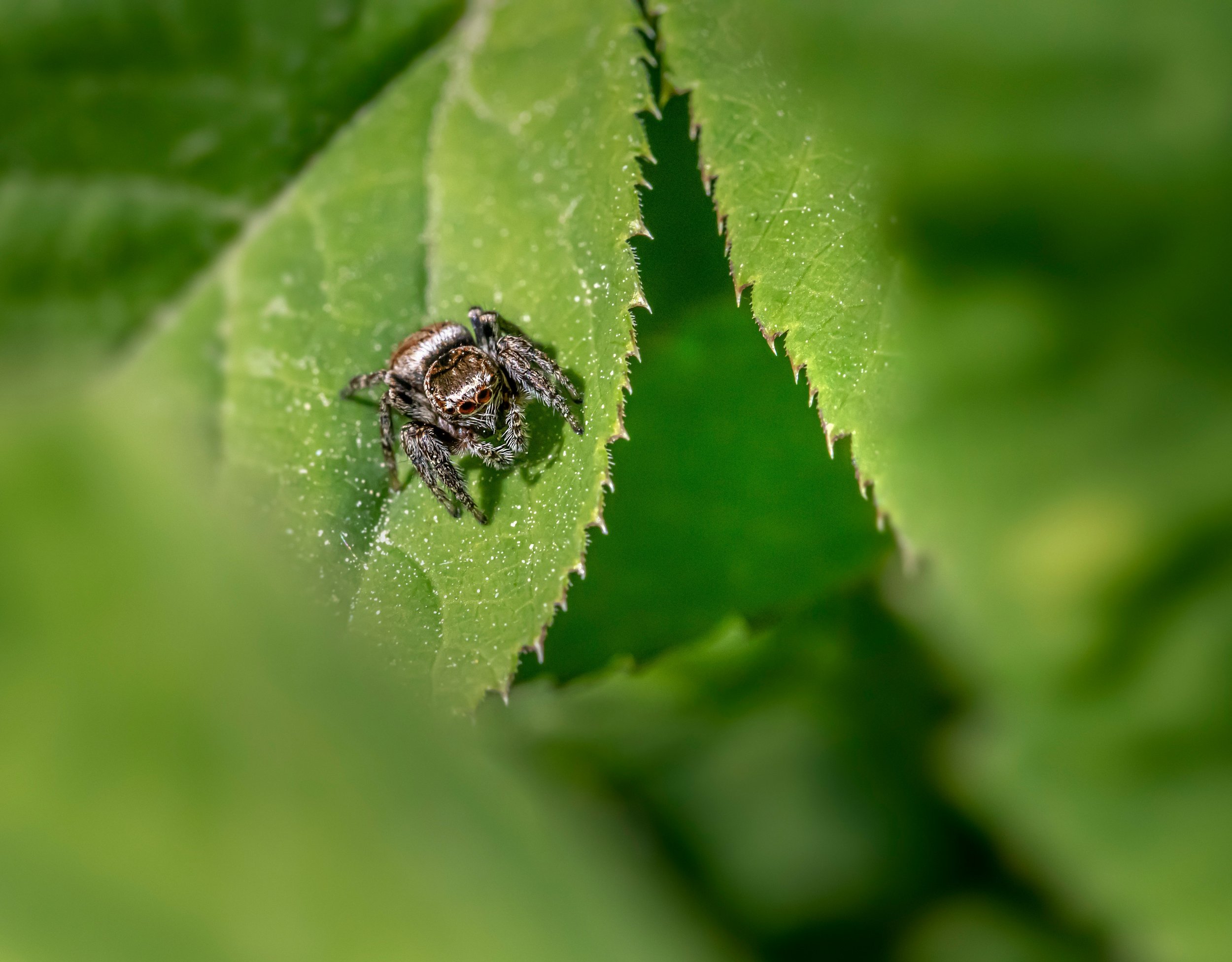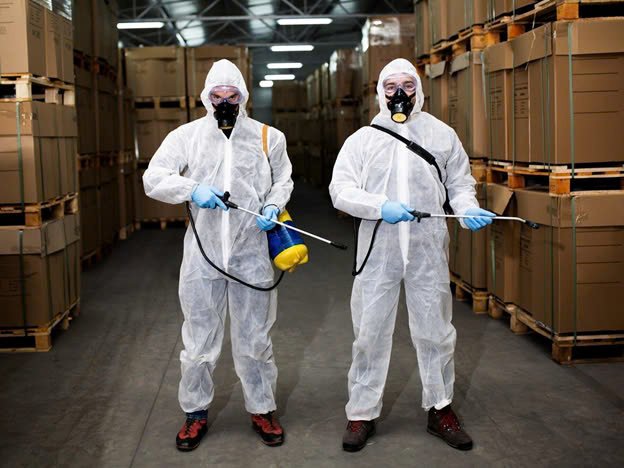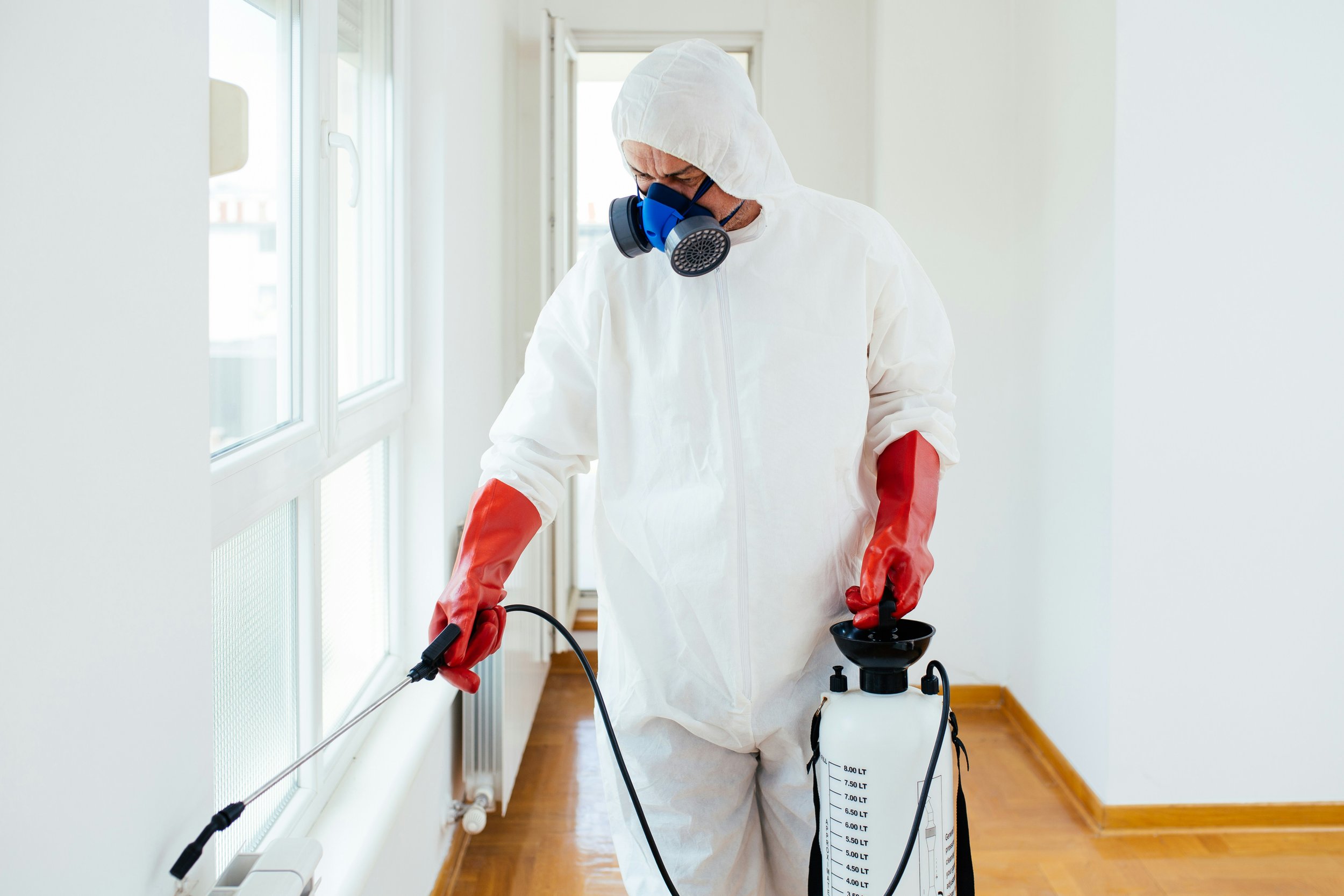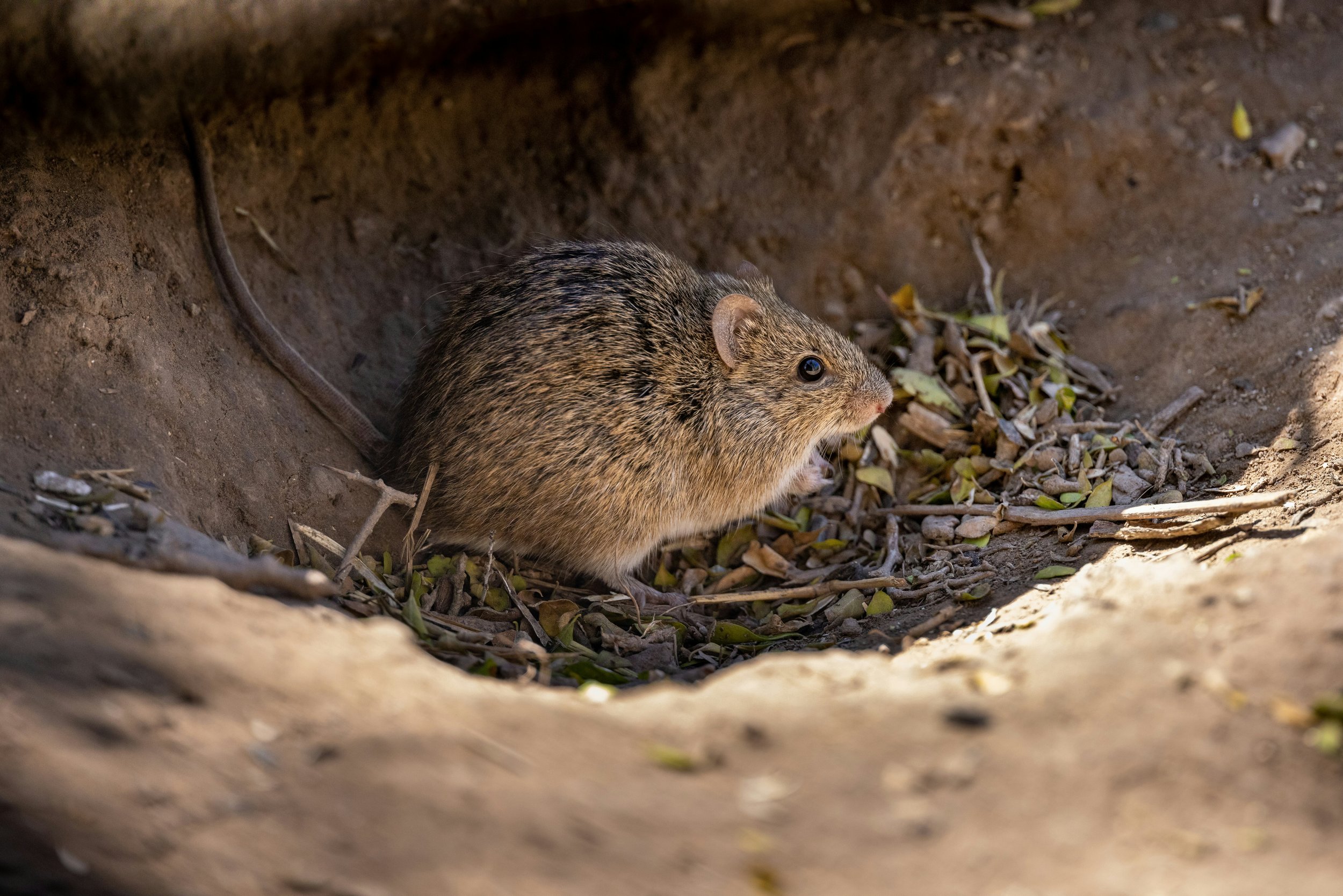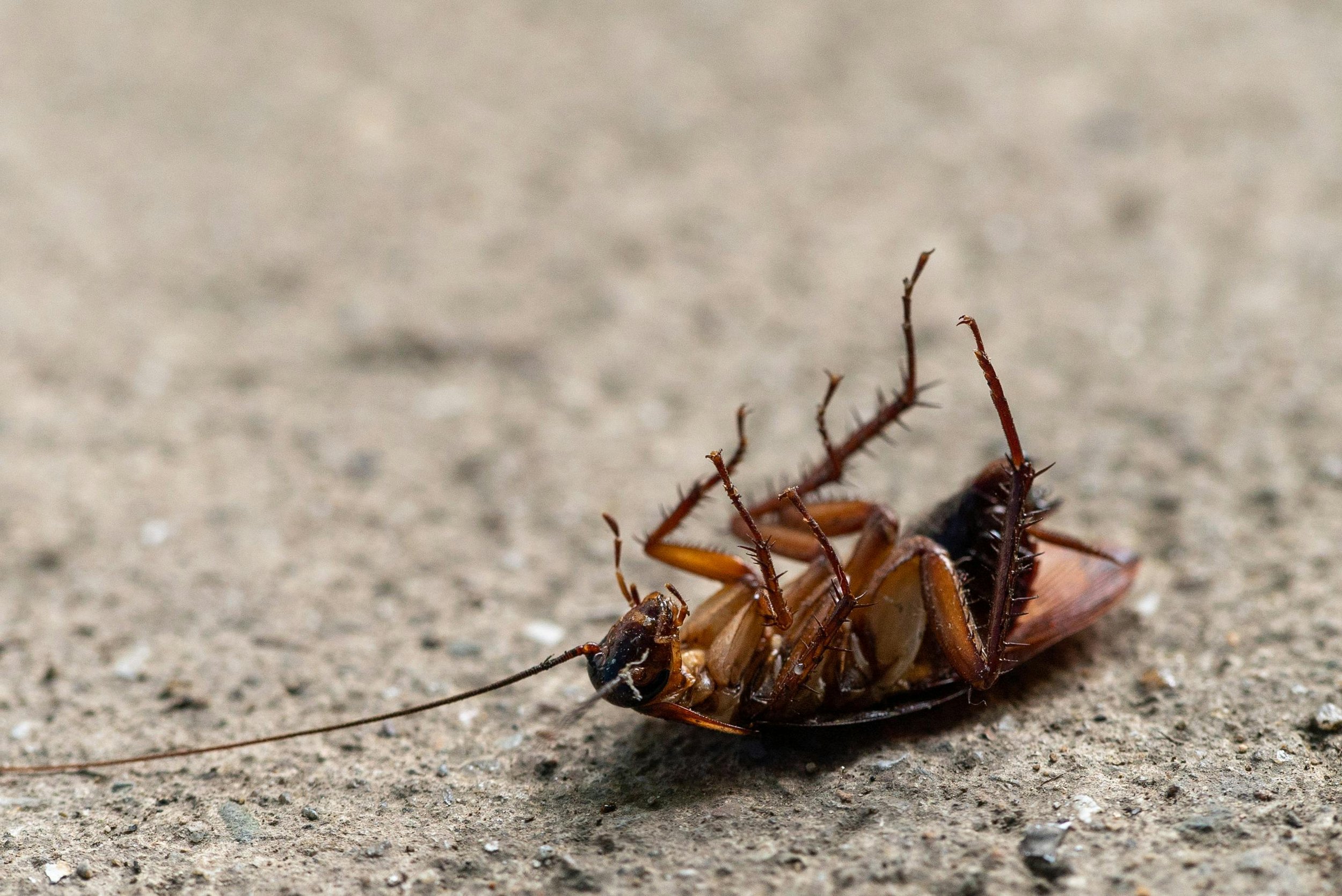What Causes Ant Infestations and How Pest Control Can Help?
Learn what causes ant infestations and how professional pest control services can effectively eliminate them and prevent future invasions in your home.
Finding ants in your home or business can be frustrating. At first, you might only see a few wandering across the worktop. But before long, you could have a steady trail of them moving back and forth, searching for food or taking supplies back to their nest. Ant infestations are common in the UK, especially during warmer months, and understanding the causes is the first step in dealing with them effectively.
In this blog, we’ll look at why ants invade buildings, the signs of an infestation, and how professional pest control can help you get rid of them for good.
Why Ants Come Inside
Ants are resourceful insects, always looking for food, water, and shelter. While most species in the UK prefer to stay outdoors, they will move indoors when conditions are right. Some of the most common reasons ants invade include:
Food Sources
Ants have an incredible sense of smell, and even the tiniest crumbs or traces of sugar can attract them. Unsealed food containers, open bins, or spills on worktops can all draw ants into your home or business. Sweet foods, in particular, are a favourite for common black garden ants.
Water and Moisture
Like all living creatures, ants need water to survive. Leaky pipes, dripping taps, or condensation in kitchens and bathrooms can attract them. Some species are especially drawn to damp or rotting wood, which provides both moisture and shelter.
Warmth and Shelter
During cooler or wet weather, ants may look for warm, dry places to build temporary nests. Cracks in walls, gaps around windows, and spaces under floors can all offer the shelter they need.
Established Trails
Once ants find a food or water source, they leave behind a pheromone trail for others to follow. This is why you often see ants travelling in long lines. These trails allow entire colonies to quickly exploit resources.
Common Types of Ants in the UK
Several ant species can cause problems in homes and businesses. The most common include:
Black garden ants – The species most often seen indoors, usually searching for sugary foods.
Pharaoh ants – Small yellow ants that can spread quickly, often found in heated buildings.
Roger’s ants – Associated with damp wood and more common in older or poorly maintained properties.
Knowing the species can help determine the best control method, which is why a professional inspection is often essential.
Signs You Have an Ant Infestation
While a few stray ants don’t necessarily mean you have an infestation, certain signs should prompt action:
Regular sightings of ants inside, especially in the kitchen or food storage areas
Ant trails along skirting boards, walls, or across floors
Small piles of soil or debris near cracks or entry points
Finding ants in food packaging or containers
The sooner you deal with these signs, the easier it is to control the problem.
Why DIY Ant Control Often Fails
It’s tempting to use shop-bought sprays or traps when you first notice ants. While these can kill visible ants, they rarely reach the root of the problem — the nest. Unless the queen and the rest of the colony are dealt with, the infestation will return.
Ant colonies can be hidden in walls, under floors, or outside the property. Many species also have multiple satellite nests. Without the right treatment, ants may simply relocate and reappear later.
How Professional Pest Control Can Help
Professional pest control offers a more reliable, long-term solution to ant infestations. Here’s how:
Accurate Identification
A trained technician can identify the species of ant you’re dealing with and locate their nests. This is essential, as different species require different treatment approaches.
Targeted Treatments
Rather than just killing the ants you can see, professionals use treatments that target the entire colony. This can include gel baits, residual sprays, or non-toxic methods depending on the location and level of infestation.
Safe Application
Pest control experts are trained to use treatments safely, protecting people, pets, and the environment. They also ensure treatments are applied in the most effective places.
Preventive Advice
Once the infestation is under control, your pest control provider can give practical advice to prevent future problems. This might include sealing entry points, improving food storage, or addressing moisture issues.
Preventing Future Ant Infestations
While professional treatment is the most effective way to deal with an active infestation, there are steps you can take to make your property less appealing to ants:
Keep food sealed in airtight containers
Clean up spills and crumbs immediately
Empty bins regularly and keep them clean
Fix leaks and reduce moisture around sinks and pipes
Seal cracks and gaps around doors, windows, and skirting boards
Store pet food securely and clean feeding areas daily
These small changes can make a big difference in keeping ants out.
Seasonal Patterns of Ant Activity
In the UK, ant infestations tend to be more common during spring and summer. As the weather warms up, colonies become more active and send out workers to search for food. Warm, dry spells can drive ants indoors as they look for moisture, while heavy rain can flood outdoor nests and force colonies to relocate inside. Understanding these seasonal patterns can help you stay ahead of potential infestations by increasing preventive measures during high-risk times of year.
When to Call a Pest Control Professional
If you’ve tried DIY methods without success, or if you’re seeing large numbers of ants regularly, it’s time to call in Sun Pest Control. This is especially important for businesses handling food, as ants can contaminate supplies and damage your reputation.
Prompt action not only removes the current infestation but also reduces the risk of long-term structural damage or recurring problems.
Final Thoughts
Ant infestations in the UK are often caused by easy access to food, water, and shelter. Once they’ve established a trail into your property, they can be difficult to remove without tackling the source — the nest. While shop-bought sprays may deal with a few visible ants, professional pest control offers a targeted, long-lasting solution.
By combining expert treatment with preventive measures, you can protect your home or business from unwanted ant activity all year round. If you’re noticing signs of an infestation, the best time to act is now, before the colony has time to grow.
